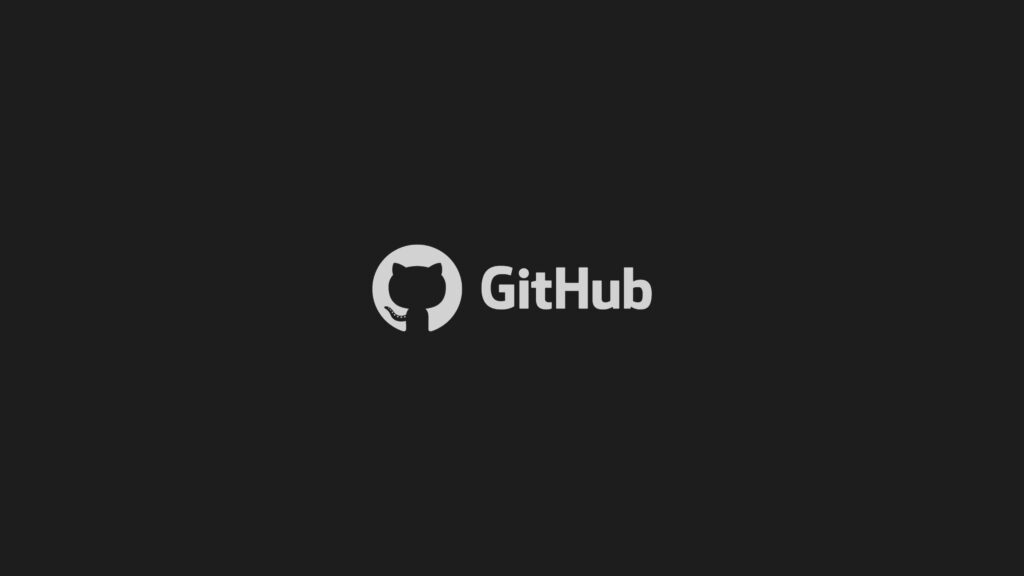Improve your workflow and collaboration with these essential Git skills.

Git is a version control system that helps you track changes to your code over time. It is a powerful tool that can be used to collaborate with others, manage your code history, and revert to previous versions of your code.
However, Git can be a bit daunting to learn at first. There are a lot of different commands and concepts to keep track of. We will cover some of the most critical Git best practices to help you write meaningful commits, create effective pull requests, and conduct code reviews.
Writing Meaningful Commits
A commit is a snapshot of your code at a particular point in time. When you commit your code, you should include a message describing your changes. This message should be clear, concise, and informative.
Here are some tips for writing meaningful commits:
- Start your commit message with a summary of the changes you made.
- Include the reason for the changes.
- If you are fixing a bug, include the bug number.
- If you are adding a new feature, describe the feature in detail.
- Use the imperative mood as if you were giving instructions to someone else.
- Keep your commit messages short and to the point.
Creating Effective Pull Requests
A pull request is a way to request that your changes be merged into the main branch of a project. When you create a pull request, you should include a description of the changes you made and why you think they should be merged.
Here are some tips for creating effective pull requests:
- Give your pull request a clear and descriptive title.
- Include a detailed description of the changes you made.
- Explain why you think the changes should be merged.
- Include screenshots or other evidence to support your changes.
- Ask for feedback from other developers before merging your changes.
Conducting Code Reviews
A code review involves other developers looking at your code and providing feedback. Code reviews can help identify bugs, improve the quality of your code, and ensure that your code is consistent with the project’s style guide.
Here are some tips for conducting code reviews:
- Be respectful and constructive.
- Focus on the code, not the person who wrote it.
- Be specific about your feedback.
- Offer suggestions for improvement.
- Be open to feedback yourself.
These Git best practices will help you write meaningful commits, create effective pull requests, and conduct code reviews. These skills are essential for collaborating with others and maintaining the quality of your code.